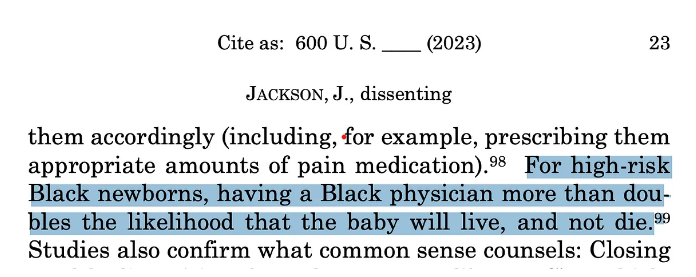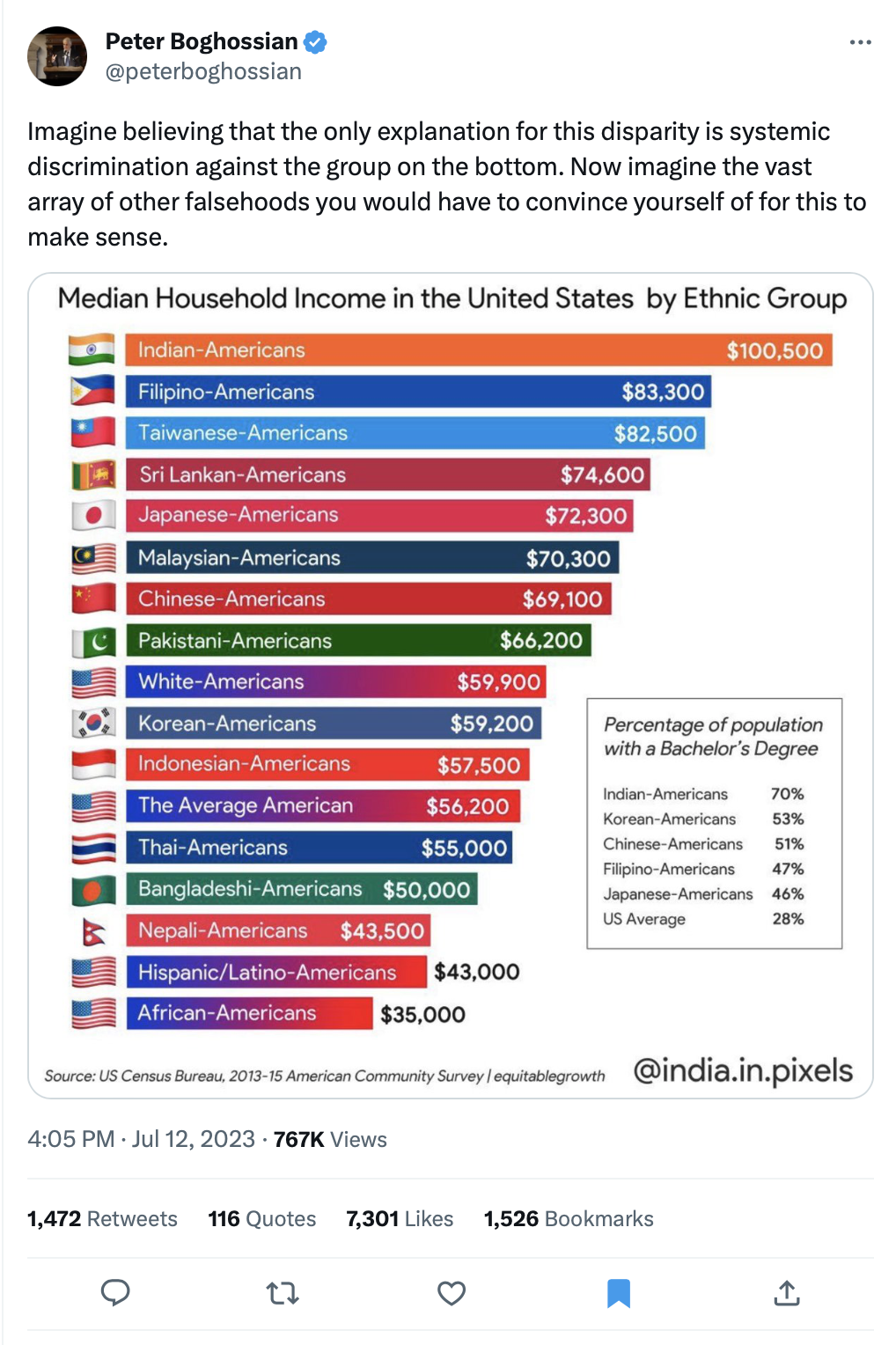FIRE Files Suit to Ask Federal Court to Declare that DEI Statements Constitute Compelled Speech
From FIRE: FIRE is suing to stop regulations that force our clients to espouse controversial views about “diversity, equity, and inclusion.” Here is an excerpt from FIRE's announcement today:
Today, the Foundation for Individual Rights and Expression filed a lawsuit on behalf of six California community college professors to halt new, systemwide regulations forcing professors to espouse and teach politicized conceptions of “diversity, equity, and inclusion.”Each of the professors teach at one of three Fresno-area community colleges within the State Center Community College District. Under the new regulations, all of the more-than-54,000 professors who teach in the California Community Colleges system must incorporate “anti-racist” viewpoints into classroom teaching.
The regulations explicitly require professors to pledge allegiance to contested ideological viewpoints. Professors must “acknowledge” that “cultural and social identities are diverse, fluid, and intersectional,” and they must develop “knowledge of the intersectionality of social identities and the multiple axes of oppression that people from different racial, ethnic, and other minoritized groups face.” Faculty performance and tenure will be evaluated based on professors’ commitment to and promotion of the government’s viewpoints.
“I’m a professor of chemistry. How am I supposed to incorporate DEI into my classroom instruction?” asked Reedley College professor Bill Blanken. “What’s the ‘anti-racist’ perspective on the atomic mass of boron?”
“These regulations are a totalitarian triple-whammy,” said FIRE attorney Daniel Ortner. “The government is forcing professors to teach and preach a politicized viewpoint they do not share, imposing incomprehensible guidelines, and threatening to punish professors when they cross an arbitrary, indiscernible line.”
DEI requirements are controversial within academia. FIRE’s research indicates that half of professors believe mandatory diversity statements violate academic freedom. The sole mention of academic freedom in California’s model framework frames it an inconvenience, warning professors not to “‘weaponize’ academic freedom” to “inflict curricular trauma on our students.”
“Hearing uncomfortable ideas is not ‘curricular trauma,’ and teaching all sides of an issue is not ‘weaponizing’ academic freedom,” said Loren Palsgaard, a professor of English at Madera Community College and a plaintiff in the suit. “That’s just called ‘education.’”




